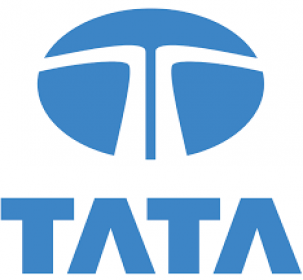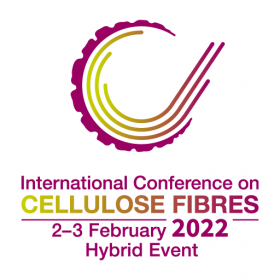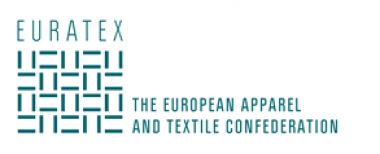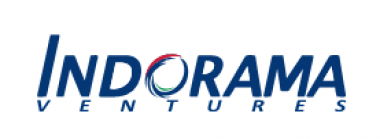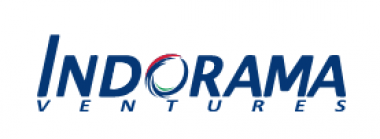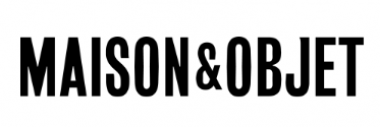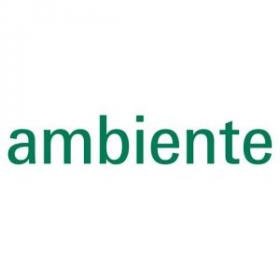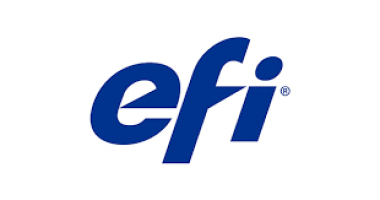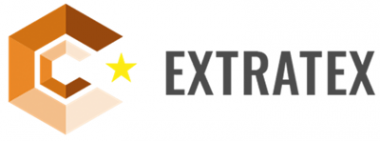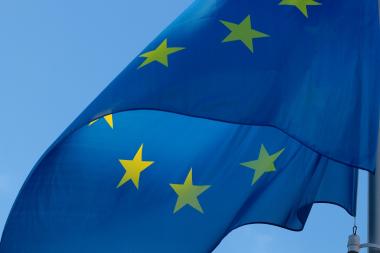Tata Communications announces its financial results for Q3 FY2022
Tata Communications, a global digital ecosystem enabler, today announces its financial results for the quarter and nine months ended 31st December 2021.
Highlights Q3 FY2022:
- Sequential growth in Data business continues; revenues were at INR 3,233 crore, growing by +3.0% QoQ and +3.4% YoY. All 3 segments (Core Connectivity, Digital Platforms, & Incubation services) of Data business witnessed healthy growth
- Digital Platforms and Solutions continue to improve and gain growth momentum, revenues grew by +5.2% QoQ and +6.7% YoY
- Within Digital Platforms, all segments except Collaboration witnessed double digit YoY growth and strong sequential growth
- Core Connectivity witnessed a revenue growth of +1.6% QoQ and +1.3% YoY
- Consolidated revenue came in at INR 4,185 crore (USD 558.5 Mn); growth of +0.3% QoQ and a decline of -0.9% YoY. Consolidated EBITDA at INR 1,082.5 crore (USD 144.5 Mn); an increase of +3.5% YoY, with margins in at 25.9%, expanding by 110 BPs as compared to same quarter last year
- Consolidated PAT stands at INR 395 crore (USD 52.8 Mn), growth of + 27.8% YoY
Tata Communications / Harvard Engage! Communications


